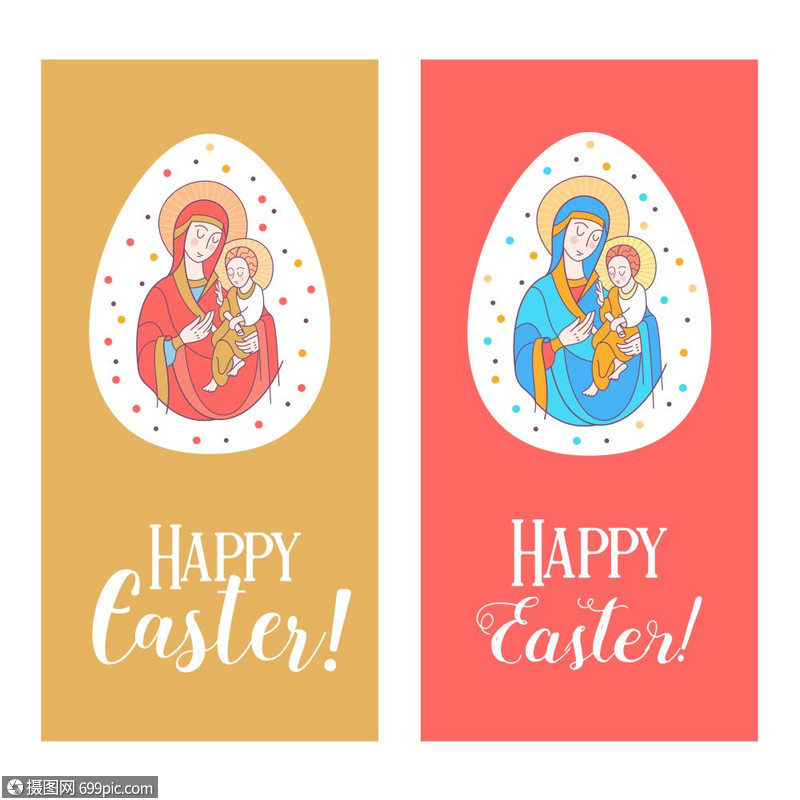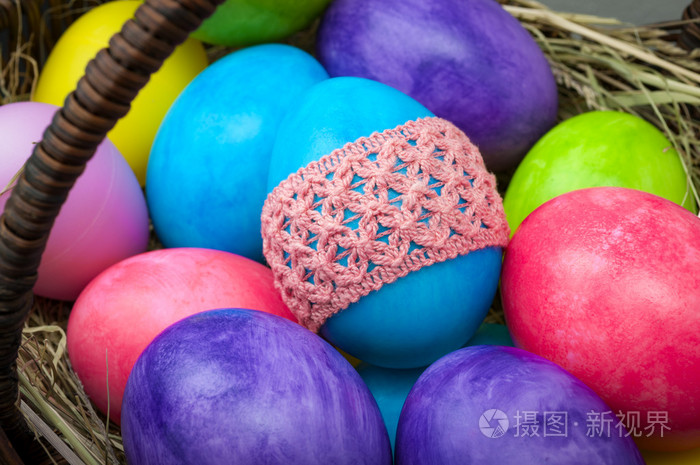When is Easter in Europe in 2021? When is Easter in Europe this year?
Easter in Europe in 2021 is April 4. Easter (the Lord's Resurrection Day) is an important festival in the West, occurring on the first Sunday after the full moon of the spring equinox each year. Easter is believed to symbolize rebirth and hope. Easter eggs symbolize the beginning of new life in spring, and also symbolize the resurrection of Jesus from the stone tomb, so in the 12th century, eggs began to be consecrated again. In fact, it was forbidden to eat eggs during the Lent fast. It was not until the 12th century that eggs began to be consecrated.
Which countries celebrate Easter?
As one of the most important festivals in Western countries, Easter is celebrated in many countries in Europe. According to geographical division, European countries can be divided into Nordic countries, Western European countries, Central European countries and Southern European countries.
Among them, the Nordic countries include Iceland, Norway, Denmark, Sweden, and Finland. Western European countries include the United Kingdom, France, Ireland, Belgium, the Netherlands, and Luxembourg. Central European countries include Switzerland, Germany, Austria, the Czech Republic, Slovakia, Poland, and Liechtenstein. Southern European countries are mainly countries led by Spain, Portugal, Italy, and Hungary.

How European countries celebrate Easter
Germany
In Germany, people eat cakes shaped like sheep at Easter. This goes back to the Jewish tradition of eating lamb during Passover. Christianity also inherits the symbolic meaning of the crucifixion of the lamb, which symbolizes Jesus who was crucified on the cross to atone for the sins of mankind. In addition, Easter candles are also a Judeo-Christian tradition, and light is considered a sign of life.

In Germany, rabbits are believed to bring Easter eggs and hide them in gardens. Children go looking for them on Easter Sunday. Previously, people would hang colored eggs on tree branches to welcome Easter. The first written record of this custom was in 1662. Rabbits and eggs are both believed to be associated with fertility.
Spain
"Holy Week" (La Santa) is a Spanish Easter custom. In many Spanish cities, processions are held every day from Palm Sunday to Easter Sunday. Penitents paraded through the streets barefoot, wearing pointed hats and masks, and robes. At night people parade through the streets with crosses and sometimes statues of Mary or Jesus.
Russia
Many Eastern and Southeastern European countries such as Greece or Russia celebrate Orthodox Easter ( ). One of the local traditions is red Easter eggs. People say that red eggs have magical powers and can bring luck and health.
Finland

In Finland, people whip each other with birch poles at Easter, but very gently. This commemorates the use of palm leaves to welcome Jesus into Jerusalem. On Easter Sunday, children beat gongs and drums and walk through the streets to end the mourning period. As in Germany, there are Easter fireworks.
Poland has a special love for water, and "Soggy Monday" ( ) is an Easter tradition here. Poles splash water on each other on this day. This tradition is to commemorate the baptism of Mieszko I (I) of Poland in 966 AD, who brought Christianity to the Poles.
Italy

In Italy, like the Spaniards, people do not hunt for Easter eggs, but parade on Good Friday (Easter Friday). People remained silent and carried crosses through the streets to commemorate the suffering of Jesus. On Easter Sunday, people will quietly listen to Pope Francis read the Easter Mass (Urbi et Orbi) in more than 60 languages in St. Peter's Basilica.
Germans like to eat Easter eggs made of chocolate, while Italians like stronger ones. Their traditional pastry is a salty cake topped with boiled eggs and spinach. In addition to this spinach cake "Torta di", at Easter they also eat "Easter Dove" cake, which is a round hollow cake.
U.K.
In the UK, people return to good food on Good Friday (Easter Friday). The British have traditional "Hot Cross Buns". It is so called because there is a cross on it. In addition, people will hang colorful Easter eggs on the branches of willow trees. The British like to touch them because they believe they bring good luck.
France
In France, children only hunt for colored eggs and sweets on Easter Monday. From Green Thursday (Grü) to Easter Saturday (Grü), the bells of various churches will not ring for three days. When the bells ring on Easter Sunday, people will hug and kiss each other.